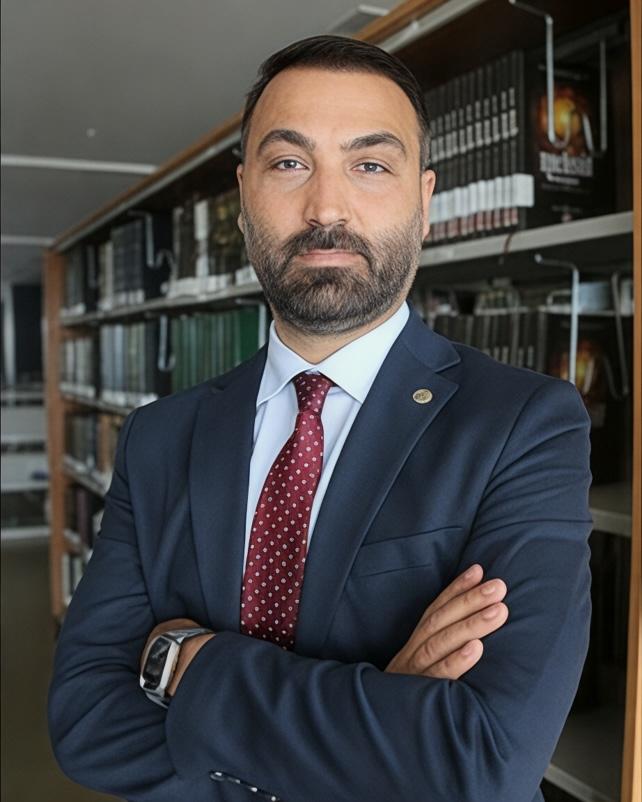

08:00am to 09:00pm


The legal framework governing the acquisition of Turkish citizenship is set forth in Law No. 5901 on Turkish Citizenship. Article 12 of the aforementioned law regulates exceptional cases for acquiring Turkish citizenship. Pursuant to Law No. 5901 and its Implementation Regulation, individuals who purchase real estate within the borders of the Republic of Turkey with a minimum value of USD 400,000 (Four Hundred Thousand US Dollars) or its equivalent in foreign currency and undertake not to sell such real estate for a period of three years may become eligible for Turkish citizenship, provided they successfully pass security investigations and other necessary procedures.
According to Article 20/2b of the Regulation on the Implementation of the Turkish Citizenship Law:
Within this framework, foreign nationals who are not Turkish citizens may become citizens of the Republic of Turkey by purchasing real estate worth at least USD 400,000 or its equivalent in foreign currency.
For Turkish citizenship to be acquired through real estate purchase, the property can either be directly acquired through a sale registered in the title deed registry or through a notarized real estate sales promise agreement. In order to qualify for Turkish citizenship through real estate acquisition, the acquisition requirements related to both the buyer and the property, as stipulated under Law No. 2644 on Title Deeds and other relevant legislation, must be fulfilled.
Regardless of whether the acquisition is made through a direct sale or a sales promise agreement, the applicant must undertake not to sell the acquired property for a period of three years. In practice, this is referred to as a “citizenship declaration/commitment,” and it must be executed before an official registrar at the land registry office. Since citizenship applications are typically handled by attorneys, the power of attorney granted to the attorney must explicitly authorize them to undertake commitments on behalf of the applicant in accordance with Article 20 of the Regulation on the Implementation of the Turkish Citizenship Law. Specifically, the power of attorney should include authorization to undertake commitments stating that any real estate registered in the applicant’s name shall not be sold for a period of three years for the purpose of acquiring Turkish citizenship. At a minimum, the power of attorney should contain authorization to provide any necessary commitments and consents at municipalities, land registry offices, and other official institutions.
It is crucial to note that for an exceptional citizenship application to proceed, the property must not be subject to any encumbrance that may hinder citizenship acquisition, such as a foreclosure annotation under Article 150/c of the Enforcement and Bankruptcy Law.
Law is a discipline that cannot be separated from formal requirements, and the acquisition of citizenship also necessitates compliance with certain procedural and formal conditions. Failure to adhere to these formalities and requirements will render the citizenship application invalid.
These formal conditions are outlined in the Guide on the Implementation of the Regulation on the Application of the Turkish Citizenship Law. One of the most critical aspects of this process is the issuance of a Foreign Exchange Purchase Certificate. Pursuant to the Capital Movements Circular issued by the Central Bank of the Republic of Turkey, a foreign individual seeking to apply for citizenship must first sell the legally required amount of foreign currency to the Central Bank and introduce it into the Turkish banking system through a Foreign Exchange Purchase Certificate. This certificate must include specific statements and mandatory elements, which attorneys handling the process must carefully consider.
Upon completion of the required procedural steps, the investor is issued a Certificate of Real Estate Investment Compliance (commonly referred to in practice as the “Certificate of Eligibility”). Based on this document, the investor must first apply for a residence permit under Article 31/j of Law No. 5901 at the Provincial Directorate of Migration Management. If the investor is married and intends to apply for citizenship for their spouse, a residence permit application must also be submitted for the spouse under Article 31/j of Law No. 5901. During this process, biometric data (fingerprints) of both the investor and their spouse are collected. Upon completion of the residence permit process and its approval, the investor (and spouse, if applicable) may apply for citizenship at the Investor Office of the Provincial Directorate of Civil Registration and Citizenship Affairs by submitting the required documents.
Currently, the average processing time for citizenship applications through investment is approximately 7 to 9 months. For further details, it is recommended to conduct a comprehensive review of the relevant legislation and to carefully examine the Guide on the Implementation of the Regulation on the Application of the Turkish Citizenship Law for procedural requirements.
Assoc. Prof. Dr. Gençer ÖZDEMİR
Istanbul 29 Mayıs University
Department of Civil Law Faculty Member
Enter your email address to get latest updates and offers from us.
Copyright © 2025 All Rights Reserved.